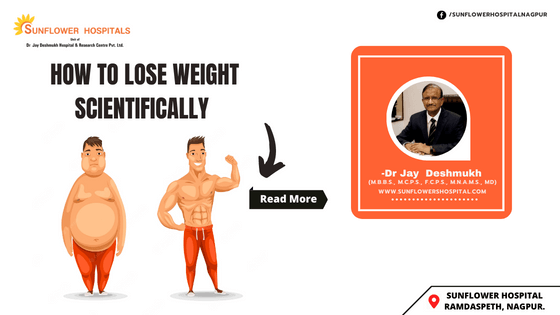What is the first step?
The first step is determining your starting point by weighing yourself and measuring your waist circumference. The Body Mass Index is calculated from your height and weight. A person with a BMI between 25 and 29.9 is considered overweight. A person with a BMI of 30 or greater is considered to have obese. The BMI measurement provides an estimate of a person’s total body fat, which is why experts find it more useful for assessing cardiovascular risk than a person’s weight alone. A waist circumference greater than 35 inches in females and 40 inches in males increases the risk of obesity-related complications.
What are the most common intermittent fasting methods?
24 weeks of intermittent fasting leads to weight loss in overweight individuals. Alternate fasting involves eating just 25% of the body’s energy needs on fasting days. The 5:2 diet is fasting on 2 out of every 7 days and eating 500 to 600 calories on fasting days. The 16/8 method is fasting for 16 hours and eating only during an 8-hour window. For most, the eating time would be between 12 noon to 8 pm.
Is it important to track your exercise and diet?
The health apps. Diet, exercise and weight loss progress are the most popular. Even a device as simple as a pedometer can be useful. Counting steps and calories spent are all significant to monitor your weight loss program.
Are dietary supplements recommended?
Doctors do not recommend their use as they are not entirely safe and there is no scientific evidence that they are effective and safe. Ephedra is commonly associated with many diet pills. Though it can help to lose weight, there can be serious side effects. These include psychiatric symptoms, palpitations, and even death. Emagrece Sim and Heathen dietary supplements should be avoided. There is not enough scientific data available to recommend that chi-Excess weight is a major international public health problem. Many people want to lose weight in order to improve their health and lower their risk of issues like heart disease and diabetes. However, it is difficult to get started on a path that is healthy, sustainable, and not overly restrictive. Having a meal is an experience. Enjoy it mindfully. Be at a dining table but not in front of the Television. Integrating less sedentary time and more active time in your day would help.
tosan, chromium, green tea, hydroxy citric acid, or linolenic acid that is conjugated.
How to eat mindfully?
Please be at the dining table. Pay attention to the food and enjoy the experience. Do not turn on the laptop or TV or phone. Eat and chew slowly. And make good and mindful food choices.
Is eating proteins at breakfast recommended? Proteins at breakfast include eggs, oats, nuts, seed butter, and paneer. Proteins decrease hunger hormones
ghrelin and rise in satiety hormones. Regular and increased intake of proteins at breakfast is recommended.
What about carbohydrates and sugar?
Excess intake is linked to obesity. Refined carbohydrates do not contain fiber and other nutrients. Avoid white rice, bread, and pasta. These foods are quick to digest, and they convert to glucose rapidly. This leads to excess insulin in the body, which leads to excess fat deposition in our tissues and contributes to weight gain. Have fruits, nuts, and seeds instead of high-sugar snacks. Have smoothies with water and milk instead of fruit juices.
What about fiber in our diet?
Increasing fiber in our diet increases the feeling of fullness and thus leads to weight loss. Fiber-rich foods include whole grain cereals, fruits, and vegetables, whole grain bread, oats, rye, peas, beans and pulses, nuts, and seeds.
Can stress and sleep deprivation cause weight gain?
Chronic stress and poor sleep patterns lead to an increase in our cortisol and adrenaline levels. This leads to increased appetite and excessive conversion of glucose to fats. Scientists have found that undergoing an 8-week stress management program can reduce obesity in children. A daily walk, yoga, meditation, breathing, and relaxation can certainly help. Our eating habits are controlled by our minds and physical activity. Be happy, reduce stress, exercise, and walk regularly and set a goal and pursue your weight loss program successfully and reward yourself with excellent health and a long active life.
Author: Dr Jay Deshmukh
Dr Jay Deshmukh is Chief Physician and Director, Sunflower Hospital, Nagpur Honorary Physician to Honorable Governor of Maharashtra and PondicherryCentral. Dr Jay Deshmukh is an M.B.B.S., M.C.P.S., F.C.P.S., M.N.A.M.S., MD From Internal Medicine – Bombay and New Delhi.


